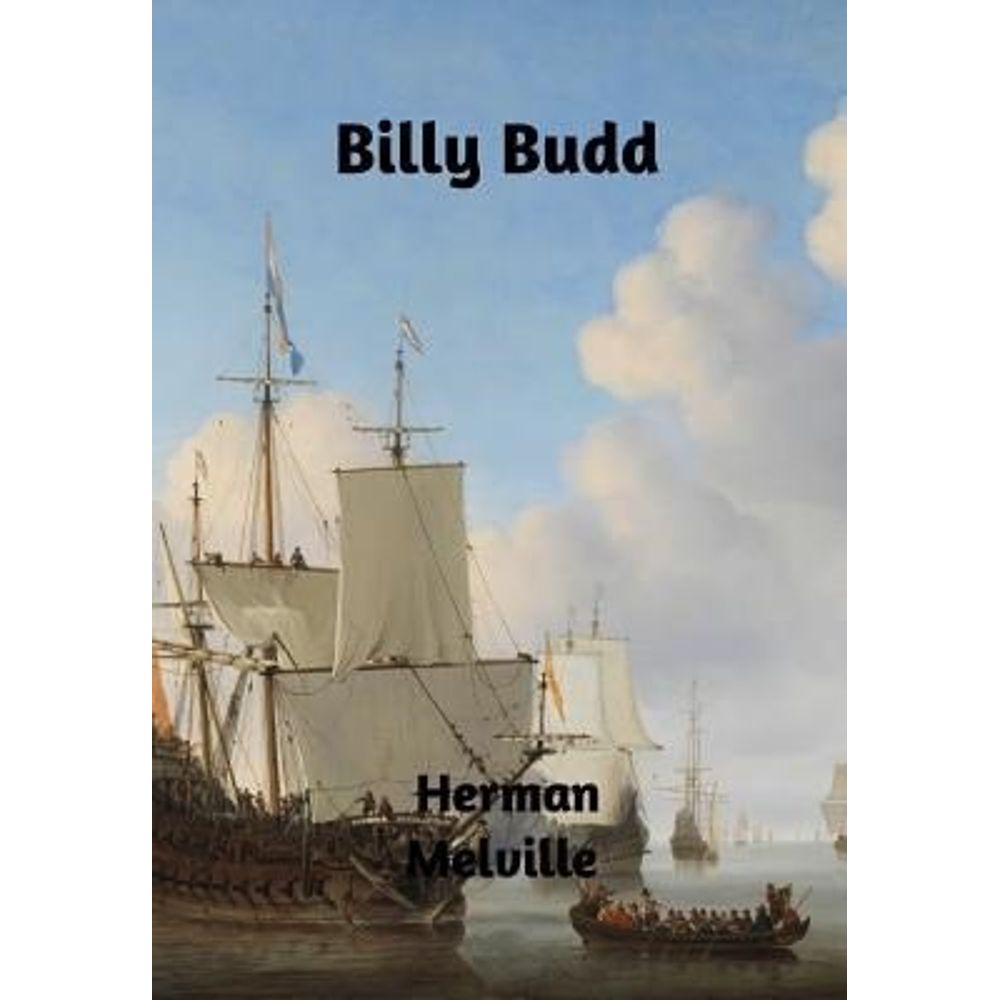

The second is the modern utilitarian beauty of the manipulative Claggart in both novella and opera. The first is the premodern auratic beauty exemplified by the charismatic Lord Nelson in the novella. This modern conception of participatory beauty is set against two other competing conceptions found in both novella and opera. In particular, I will argue that Billy's beauty is a modern one that calls for the active participation of its audience. In this essay, I would like to suggest that Billy's musical beauty can only be fully appreciated, and assumes full significance, when considered within the context of the various conceptions of beauty, and corresponding conceptions of authority, presented in the novella and in the opera. It is this expressive but communicatively problematic role that Billy embodies and that Billy Budd sets into political motion.

Music has often been situated at, or just beyond, the limits of communication it has served as a medium of the ineffable, of unsaid and unsayable truths (and lies), of an expressive power beyond language and reason. It has, however, been deeply explored by Britten's opera.

While Billy Budd's beauty has often been connected to his innocence and his moral goodness, the significance of the musical character of his beauty-what I will argue is the site of a struggle for political expression-has not been remarked upon by commentators of Melville's novella.


 0 kommentar(er)
0 kommentar(er)
